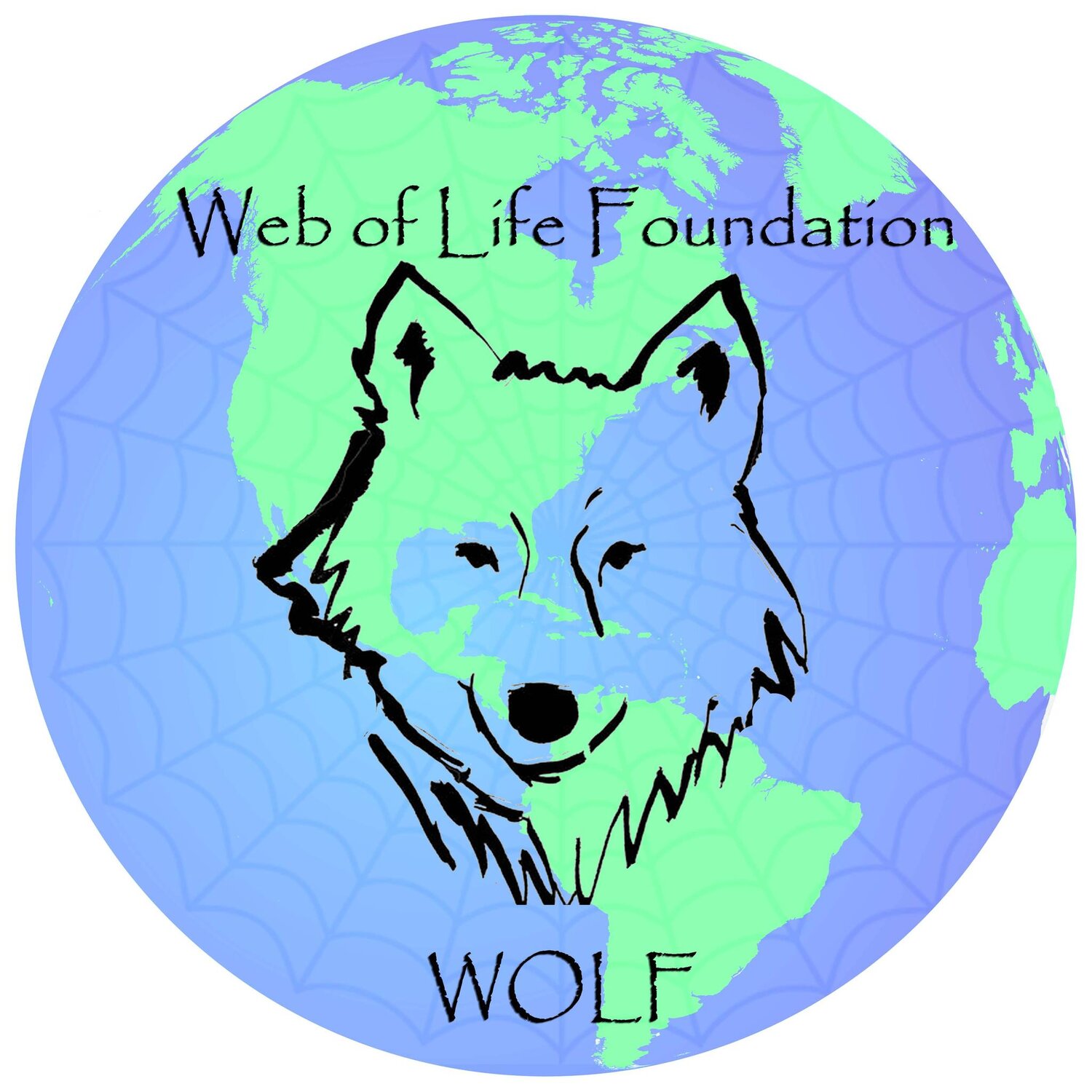Take Only Photos, Leave Only Footprints . . . Safely
BY ELKE DUERR
"If we want to preserve our precious wildlife and wildland resources, we must all learn to follow basic guidelines when we view and photograph wildlife."
—General H. Norman Schwarzkopf, U.S. Army retired
It is a privilege to watch and photograph wildlife in its natural habitat. Nowadays, with nearly everyone in the wild armed with a camera, whether it’s a camera phone or professional photography and videography equipment, new questions have come up: What kind of conduct is ethical when it comes to wildlife photography, and what endangers the safety and wellbeing of photographer, wild animal and wildland?
Many of us are not aware of our natural sense of safe distance from and conduct toward wild animals. Some people view wild animals as part of the landscape, there for our enjoyment. Yet wild animals have their own personhood, so to speak. Some form family units similar to human families, often building strong, lifelong bonds with one another. They have roles to fulfill within their family structure, no matter what that structure might be, and in general are part of a picture larger than many humans can comprehend. Enjoying them is well and good as long as the animals and humans involved are not harmed in the process. We have all heard about tourists who urge their children to inch ever closer to a bear, wolf, elk or bison for a “once-in-a-lifetime” photo op.
In fact, I frequently witnessed this kind of behavior when I was visiting Yellowstone National Park last summer. One day an old bison bull was grazing alongside a turn-off in the road when a family stopped to take pictures of their son almost touching the large animal. I was horrified and tried, to no avail, to get them back into their car and to stop teasing and daring the young man to move ever closer to the bull.
Meanwhile, the bull's tail was moving into "charge" position; it was held aloft, which can only mean that either charge or "discharge" was about to happen. Since he was at that point, eyeing the people, it most likely meant that he was seriously considering charging. Luckily, the family retreated after taking enough pictures and drove away in the nick of time.

